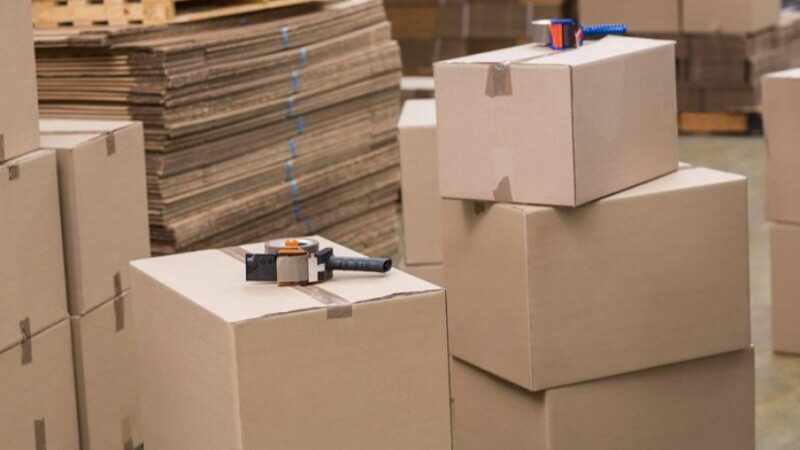How to Improve Your Credit Score History

Did you know that your payment history accounts for 35 percent of your overall credit score? That means that if you’ve paid your bills on time, it will help boost your credit score.
Having a good credit score is important for several reasons.
With a good credit score, you can get approved for loans, credit cards, and other types of financing at better rates than those with poorer scores. It can also help save you money on utility bills and insurance premiums.
If you are wondering how to improve your credit score history, this short and simple guide is for you.
Check Your Credit Report
Check your credit report at least once a year to make sure it’s accurate.
If there are errors in your report, dispute them with the credit bureaus. You should also check for signs of identity theft and fraud.
You can visit this website with a credit coach if you don’t want to check yourself.
Pay Off Old Debt
The best way to improve your score is to pay off old accounts that aren’t listed on your report anymore but still show activity.
Paying off old debt shows lenders you are responsible with their money. It will help them trust you with new loans or lines of credit in the future.
Pay Your Bills on Time
This is the most important thing you can do to increase your credit score.
Paying bills on time every month shows lenders you are dependable and responsible with their money. If you have missed payments in the past, try to make a plan with your creditors so they will report it as current.
Keep Balances Low
Your credit score shows how much debt you have compared to how much you can afford.
If you owe over 1/3 of your available credit, it could hurt your score. Keep balances low and pay off old accounts that are no longer active but still show on your report.
Pay Off High-Interest Debts
While paying off your debt is always a good idea, it’s especially important if you have high-interest debt.
A balance that has a high-interest rate will cost more in the long run than one with a lower interest rate. To see which debts have the highest interest rates, look at your credit report.
You can also call each creditor directly to ask about their rates.
Don’t Close Unused Cards
Closing unused credit cards can hurt your score.
Your credit utilization ratio is the percentage of available credit that you’re using. It’s one of the most important factors in calculating your score.
Keeping old accounts open, even if you don’t use them often, will help keep this ratio low.
Follow These Tips to Improve Your Credit Score History
Your credit score history has a lot to do with your financial future. You can use it to get a loan, find an apartment, or even get a job.
Paying off debt and keeping your credit card balances low will help you maintain an excellent credit score. You will have more financial freedom in the future.
Don’t forget to browse our site for advice on business, finance, marketing, and more.







